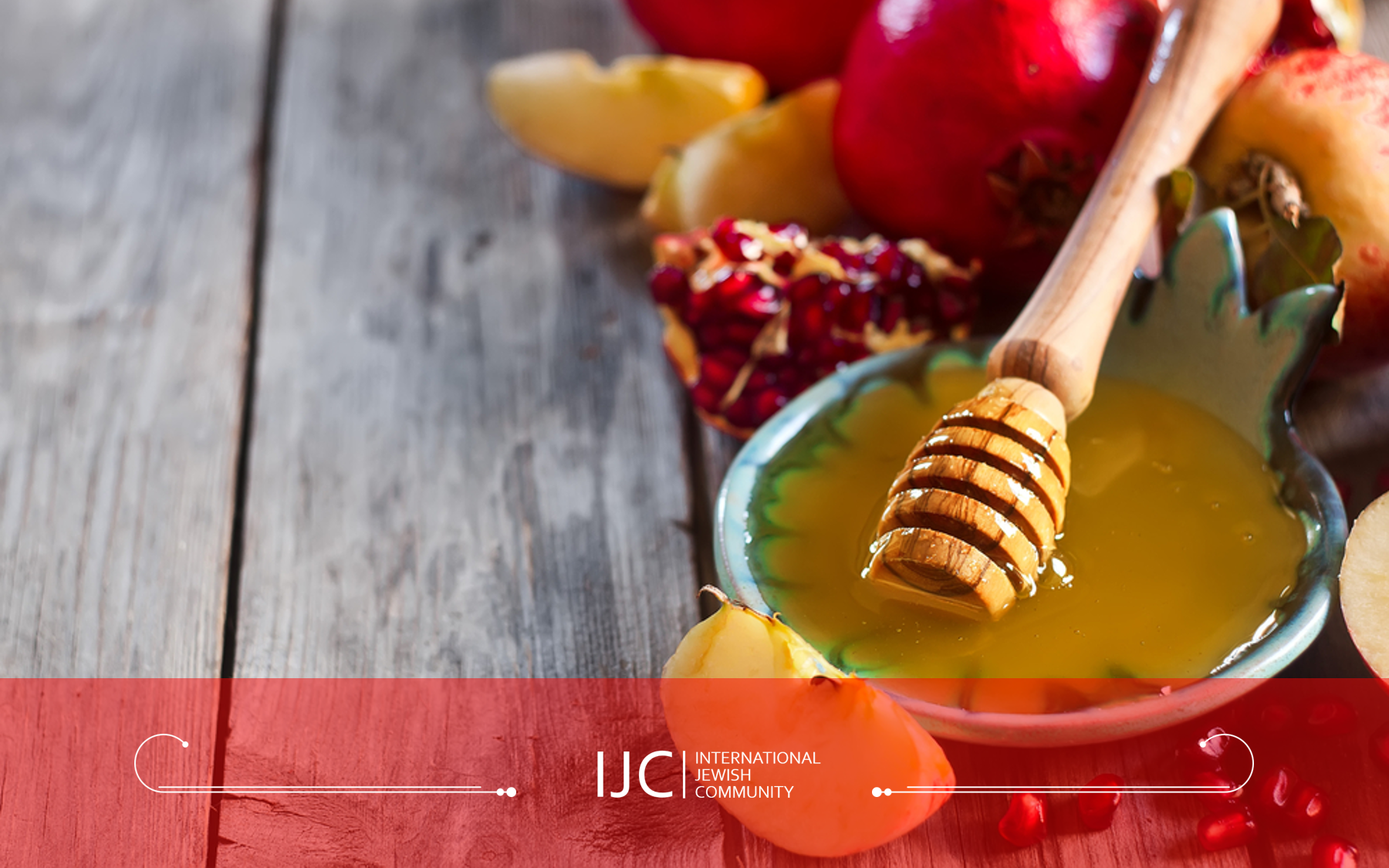
High Holiday Schedule
SAVE THE DATE!!
OUR SHUL IS OPEN FOR PRAYER
WE SAVED YOU A SEAT
Kipahs & Prayerbooks • Personalized Prayer • Guided Services • Free admission •
Rosh HaShana
Evening Services:
Oct. 2nd & 3rd,
Morning Services:
Oct. 3rd & 4th,
Registration for our
Annual Rosha HaShana Dinner
will open Sunday
Yom Kipur
Evening Services:
Oct. 11th & 12th
Morning Services:
Oct. 12th,
No signup necessary. No payment required for a place to pray for the High Holidays. A kipah and prayerbook will be waiting for you. Services will be interspersed with insights, explanations and page guidance.
Shabbat Candle Lighting Times for
Moscow, Russia
Friday, September 16th
Light Candles at 18:07
Join us Tonight!
Weekly Kabbalat Shabbat Services 20:30
Shabbat, September 17th,
Shabbat Ends 19:18
Torah Portion: Ki Tavo
Something to Celebrate
Several years ago, I spoke with a local friend as we were walking out of Yom Kippur services. Since he had expressed reluctance about attending services, I asked him how the day had gone.
He looked at me tentatively and asked “Am I allowed to say I enjoyed it?”
I can see why some people think of the High Holidays as tedious or even glum.
Spending hours in synagogue is only the beginning.
The days’ theme focuses on acknowledging our responsibility to G-d and each other; there’s also an impossible-to-miss emphasis on “atonement”, which entails a process of identifying and facing our mistakes.
How uplifting can all that be?
It’s interesting that Chabad tradition describes a joyous enthusiasm that needs to permeate this time of year, up to and including these self-reflective, internally-scrutinous, High Holiday experiences.
Because we matter to G-d. And our relationships, our personal relationships with G-d and the relationships between us human beings, are all important.
Judaism tells us that our actions, each and every behavioral choice throughout the day, are very precious to G-d.
They matter. Because WE matter.
Our daily thoughts, words and actions rank so high on G-d’s “priority scale” that they are, to use the Rebbe’s expression, “Higher, Higher, and even Higher, to the extent that nothing else is Higher.”
Think about it in terms of a parent’s connection to a child. When something is striking at the heart of their relationship, nothing is more important. Nothing.
That helps us appreciate how nothing is more important to G-d than you and your life.
Every move, every moment, is critically important; because every move and every moment speaks to the core of our special relationship.
So this time of year presents an exciting opportunity. It’s a time to re-visit and strengthen our unbreakable, intimate connection with the Divine.
And if it hurts to see that the relationship is in need of some repair, so what?
Isn’t fixing and strengthening a cherished relationship something to celebrate?
Shabbat Shalom!
Rabbi Yanky and Rivky Klein
This email is In Loving memory of my dear father
R’ Yerachmiel Binyamin Halevi ben R, Menachem Klein OBM




Recent Comments